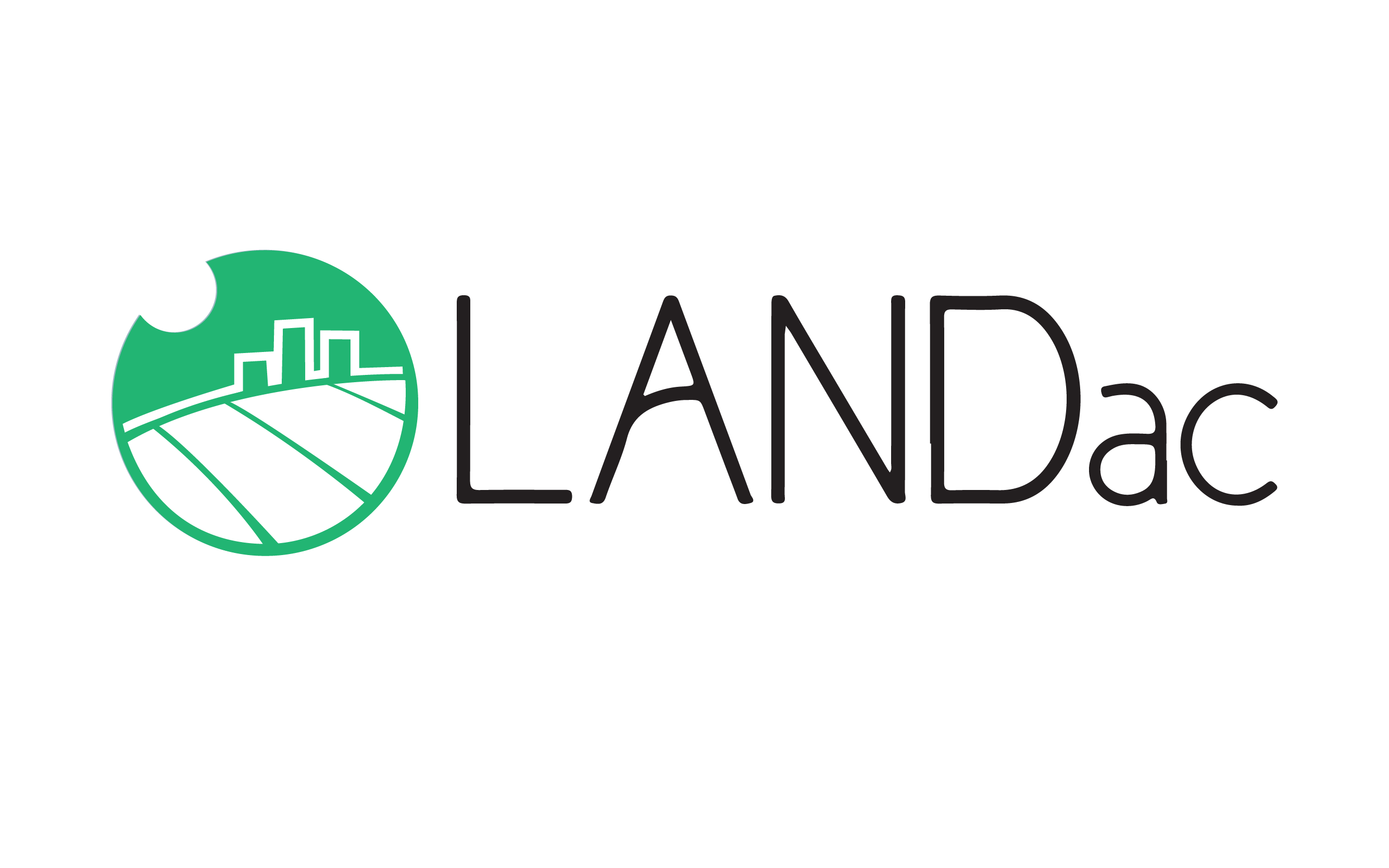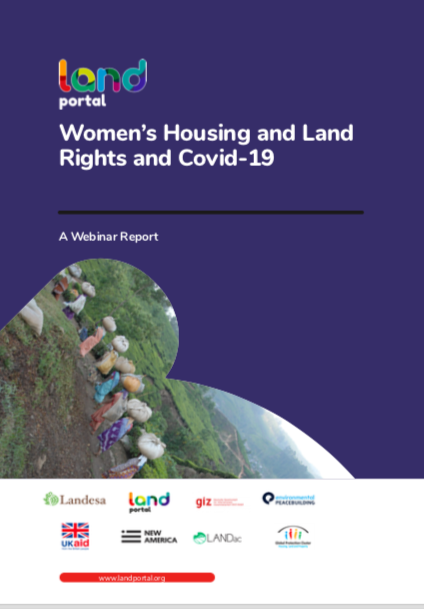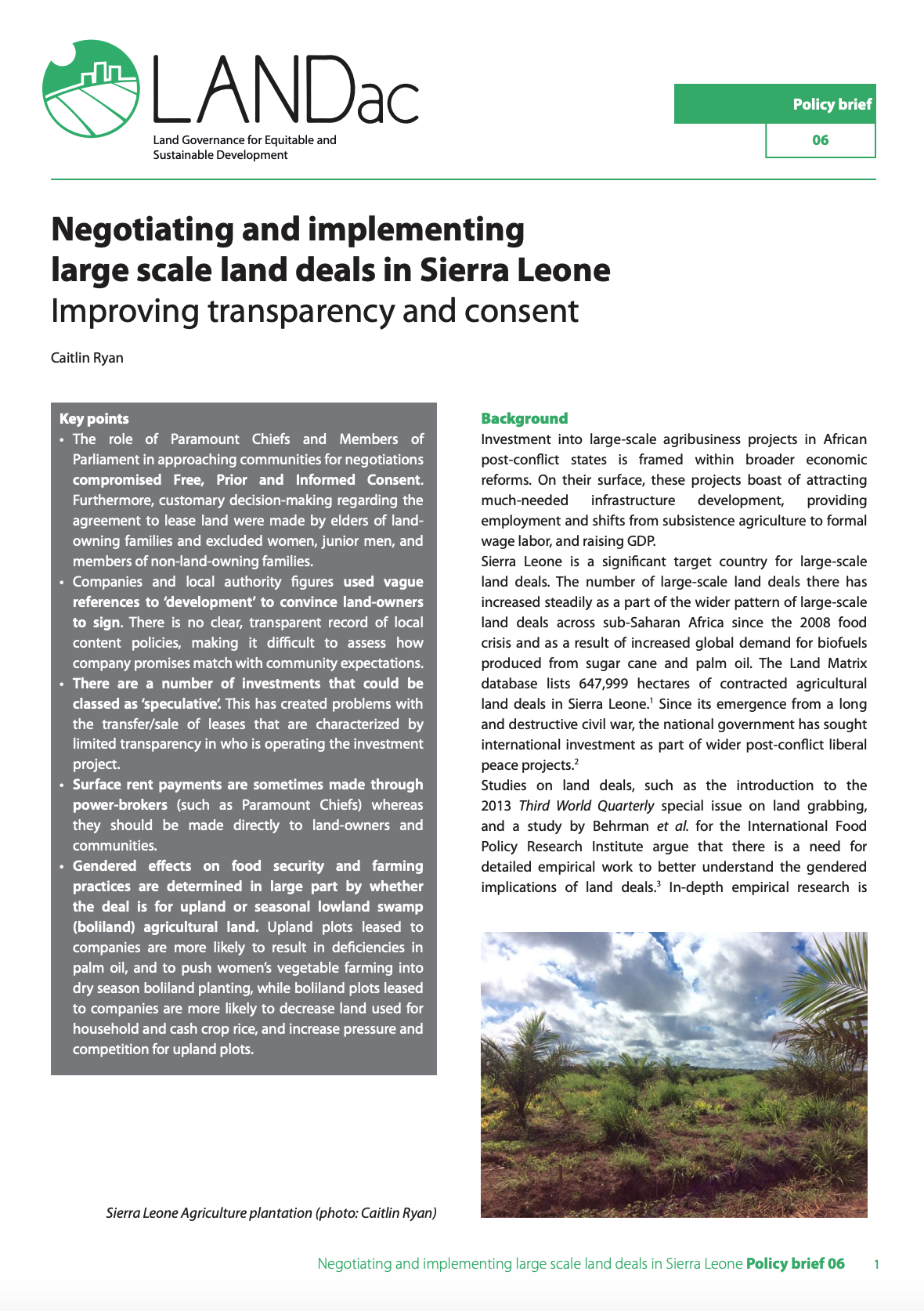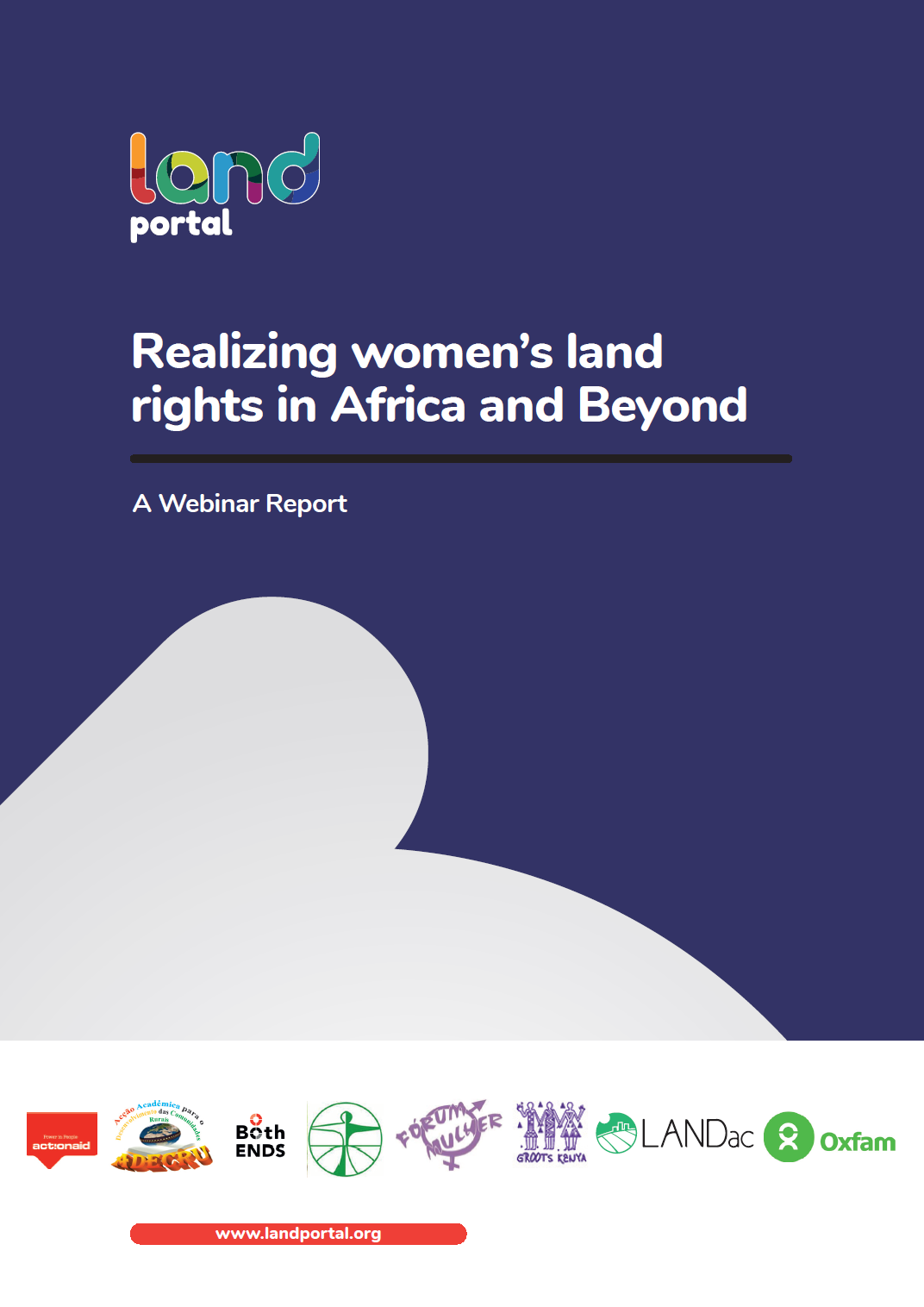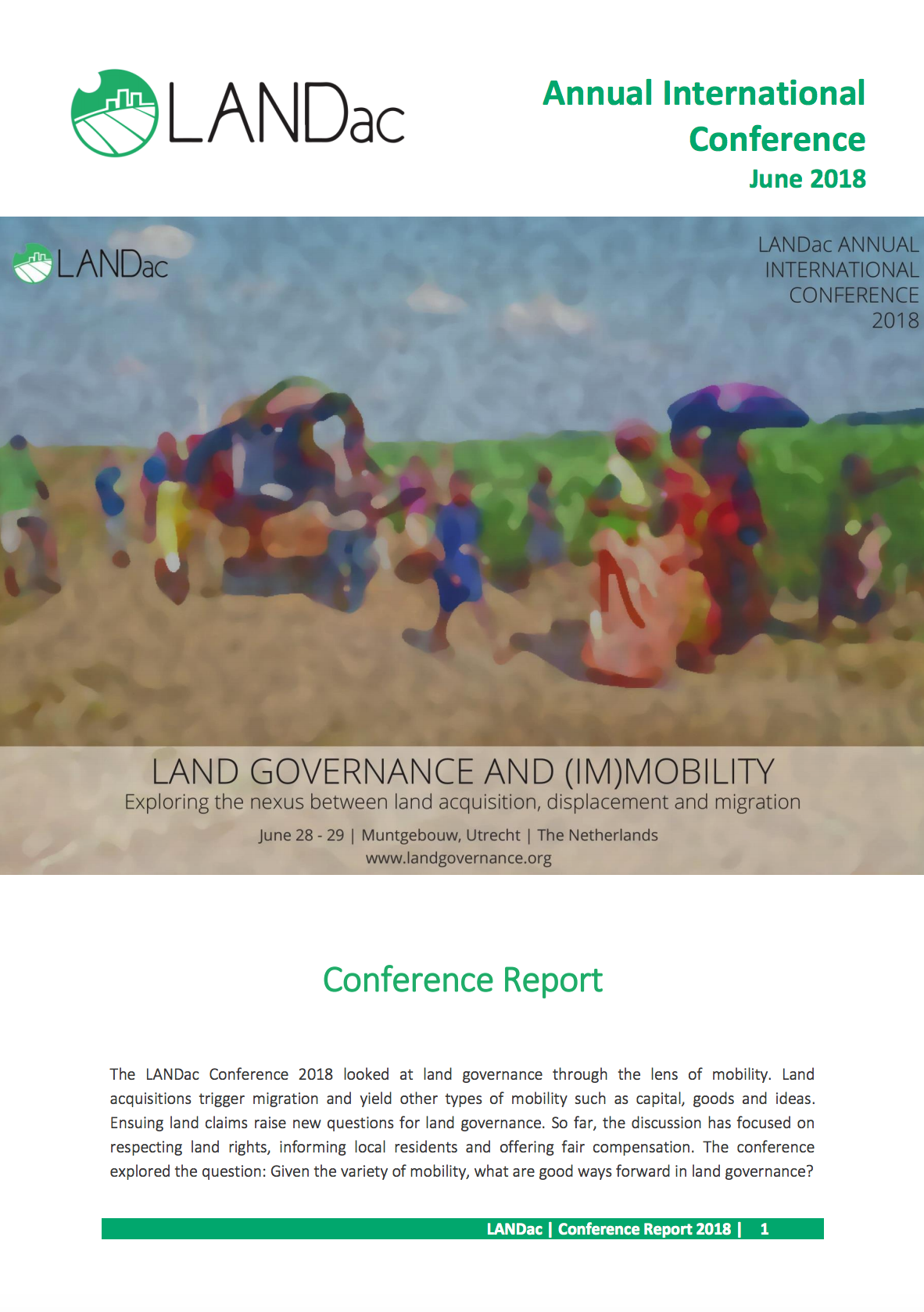Location
LANDac, the Netherlands Academie on Land Governance for Equitable and Sustainable Development, is a partnership between Dutch organizations working on land governance. The partners are the International Development Studies (IDS) group at Utrecht University (leading partner), African Studies Centre, Agriterra, the Sociology of Development and Change (SDC) group at Wageningen University, the Land Portal Foundation, HIVOS, the Royal Tropical Institute (KIT), the Netherlands Ministry of Foreign Affairs, and Enclude Solutions. LANDac is one of the IS-Academies, a series of programs sponsored by the Ministry of Foreign Affairs, to improve and strengthen linkages between academia and development practitioners in the field of international cooperation (IS Academies for International Cooperation)
LANDac aims at bringing together researchers, policy makers and development practitioners in the field of land governance and development. The LANDac network conducts research, brings together actors and distributes information, focusing on new pressures and competing claims on land and natural resources. LANDac studies the impact of large-scale land deals in agriculture for food production andf biofuels, urbanization, tourism; and the role of land laws, reforms, regulations, and voluntary guidelines and principles, in dealing with new pressures. LANDac has six PhD research projects and several related PhDs; moreover, 17 short-term research projects have been carried out in collaboration with Southern partners.
Mission
LANDac, the IS Academy on Land Governance for Equitable and Sustainable Development, aims at bringing together researchers, policy makers and practitioners in the field of land governance and development.
Land Governance for Equitable and Sustainable Development
LANDac is a partnership between several Dutch organisations and their Southern partners involved in development-related research, policy and practice. The partners share a concern for increasing land inequality and new land-related conflicts, and how land governance – rules and practices on access to land – can be used to promote equitable and sustainable development in the Global South.
LANDac is one of the IS Academies for International Cooperation sponsored by the Netherlands Ministry of Foreign Affairs.
Resources
Displaying 11 - 15 of 33Webinar Report: Multifaceted Challenges of Land and Climate Change
The webinar Multifaceted Challenges of Land and Climate Change explored the interconnection of land rights and climate responses at micro, meso and macro level. The webinar aimed to explore the following question: What kind of land governance will foster adequate climate response actions? Oxfam and partners in many countries are confronted with this two-sided problem while dealing with both land and climate justice interventions. Oxfam is currently investing in deepening the analysis of land & climate nexus at both country and global level.
Webinar Report: Women’s Housing and Land Rights and Covid-19
Rural women make up a quarter of the world’s population, but many face legal and social barriers that limit their ability to access, use and benefit from the land they tend and depend on for their livelihoods.
Negotiating and implementing large scale land deals in Sierra Leone
Investment into large-scale agribusiness projects in African post-conflict states is framed within broader economic reforms. On their surface, these projects boast of attracting much-needed infrastructure development, providing employment and shifts from subsistence agriculture to formal wage labor, and raising GDP.
Realizing women’s land rights in Africa and Beyond
In October 2016, women farmers from 22 countries across Africa climbed the peak of Mount Kilimanjaro to claim women’s rights for access to and control over land and natural resources. This event coincided with the launch of a campaign of the African Land Policy Centre (ALPC) to reach the target of having 30 percent of all registered land in the name of women by 2025 and to embed women’s land rights into the targets of the Sustainable Development Goals (SDGs).
LANDac Annual Conference 2018: Conference Report
The LANDac Conference 2018 looked at land governance through the lens of mobility. Land acquisitions trigger migration and yield other types of mobility such as capital, goods and ideas. Ensuing land claims raise new questions for land governance. So far, the discussion has focused on respecting land rights, informing local residents and offering fair compensation. The conference explored the question: Given the variety of mobility, what are good ways forward in land governance?

